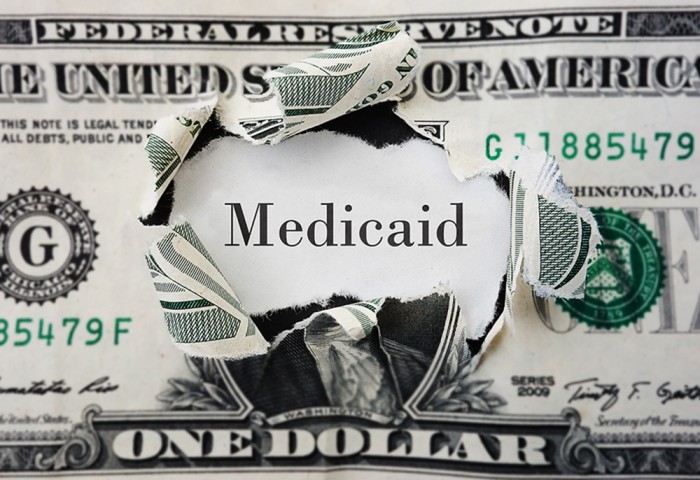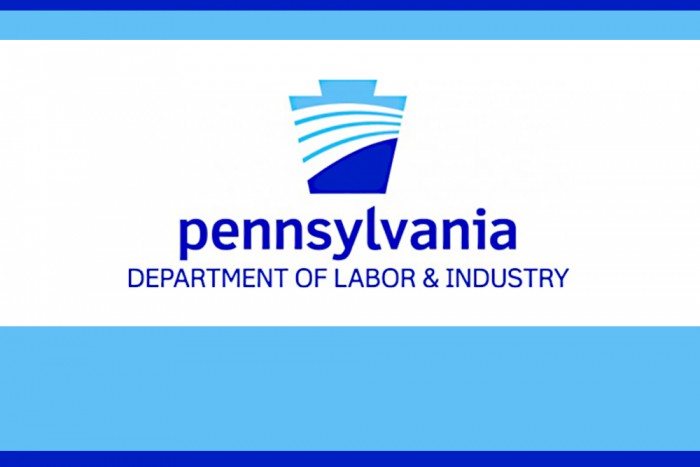The Department of Human Services (DHS) has released the agenda for the December 2, 2021 Managed Long-Term Services and Supports (MLTSS) Subcommittee meeting. The meeting will be conducted via webinar and remote streaming from 10:00 am–1:00 pm. The links and call-in number to participate in the call are provided in the agenda.
New “Smart Homes Made Simple” Website is Live!
Message from Pennsylvania Assistive Technology Foundation (PATF):
Pennsylvania Assistive Technology Foundation (PATF) is proud to announce the launch of a new website, Smart Homes Made Simple. As part of our Smart Home Technology Project, we recently expanded this website with a new design to make it a more accessible, user-friendly, and informative resource.
We hope this website will serve as a hub of information where members of the disability and aging communities, as well as service providers, housing professionals, and technology consultants, can learn how to integrate smart home technology into the homes of people with disabilities and older adults for greater independence, autonomy, safety, and accessibility.
“We are aware that many people with disabilities and older adults who could benefit from smart home technology are still not acquiring it,” says PATF’s CEO, Susan Tachau. “If there’s one thing we hope people will take away from this website, it’s that you don’t have to do this alone and you don’t have to do it all at once. New technology can be scary and overwhelming. Build your team for support, explore what devices may be able to help with your goals, and start small. There’s always room for growth.”
Visit Smart Homes Made Simple.
Pa. Releases Plan for $1.2B in Stimulus Cash for Services for Medicaid Recipients
Excerpt from: Pennsylvania Capital-Star, Nov. 23, 2021
The Democratic Wolf administration says it wants to spend $1.2 billion in American Rescue Act funds to shore up home and community-based services offered through the state’s Medicaid program, all with an eye toward allowing more of the commonwealth’s residents to access services closer to home. On Monday, the administration dropped the formal details of a plan to direct the federal relief money toward seniors and adults with intellectual and physical disabilities; adults dealing with such behavioral health needs as substance abuse disorder or mental illness; and children with chronic and complex medical needs, the administration said in a statement.
In its statement, the administration said the money also would be used to pay for:
- Increasing access to home and community-based services;
- Providing necessary supplies to safely facilitate services;
- Additional trainings and learning opportunities through workforce support;
- Supporting families caring for their loved one;
- Improving functional capabilities of people with disabilities;
- Enhancing transitional supports; and
- Home and community-based services capacity building.
RCPA continues its discussions and advocacy with the Department of Human Services on spending priorities for human services, especially initiatives targeting rate structures and the workforce crisis.
ACCSES Update — November 22
COVID-19 Risk Mitigation and Compliance Software Demonstration
RCPA invites members to join us for an informational webinar featuring QUALO Healthy Pathways. QUALO Healthy Pathways is a COVID-19 risk mitigation and compliance software designed in close collaboration with experts in the areas of occupational medicine, human resources, and business operations. The result is a distinctive combination of management strategies and reporting tools that promote workplace health, efficiency, and compliance:
- Report and Track
- Exposures
- Trace Contacts
- Vaccine Status and Results
- Testing
- Exemptions
- Management Dashboards
- Compliance and Tracking Reports
Join RCPA member Advanced Metrics’ team of professionals that developed QUALO Healthy Pathways for a demonstration of the software and a live Q&A session.
Two sessions are available for your convenience:
- Monday, November 29, 2:00 pm–3:00 pm: Click here to register for this session.
- Wednesday, December 1, 2:00 pm–3:00 pm: Click here to register for this session.
Additional information about QUALO Healthy Pathways can be found on the Advanced Metrics website. If you are unable to attend one of these sessions, please feel free to reach out to Advanced Metrics to schedule a session directly.
DOL Announces Final Rule to Increase Minimum Wage for Workers on Federal Contracts
Affects most new contracts, renewals, extensions of existing contracts
WASHINGTON — The U.S. Department of Labor today announced a final rule that implements Executive Order 14026 to increase the hourly minimum wage for employees on federal contracts beginning Jan. 30, 2022. President Biden signed the order on April 27, 2021.
The rule applies in all 50 states, the District of Columbia, and specified U.S. territories, and does the following:
- Increases the hourly minimum wage for workers performing work on or in connection with covered federal contracts to $15 beginning Jan. 30, 2022.
- Continues to index the federal contract minimum wage in future years to inflation.
- Eliminates the tipped minimum wage for federal contract employees by 2024.
- Ensures a $15 minimum wage for workers with disabilities performing work on or in connection with covered contracts.
- Restores minimum wage protections to outfitters and guides operating on federal lands.
“The workers helped by Executive Order 14026 and today’s final rule do essential work on our nation’s behalf. They build and repair the federal infrastructure, clean and maintain our national parks, monuments, and other federal facilities, care for our veterans, and ensure federal workers and military service members are provided with safe and nutritious food,” said U.S. Secretary of Labor Marty Walsh. “Implementing this Executive Order improves the economic security of these workers and their families, many of whom are women and people of color.”
Executive Order 14026 applies to new contracts and renewals and extensions of existing contracts beginning Jan. 30, 2022.
“In addition to promoting efficiency in federal contracting, the implementation of Executive Order 14026 has other benefits,” said Wage and Hour Division Acting Administrator Jessica Looman. “The final rule adds value for taxpayers by boosting worker productivity and reducing employee turnover and absenteeism. It also allows federal contractors to retain top talent, and reduce recruiting and training costs.”
Learn more about protections for federal contractors or more about the Wage and Hour Division. You may also call toll free at 866-4US-WAGE to speak directly and confidentially to a trained Wage and Hour Division professional. The division protects workers regardless of immigration status, and can communicate with workers in more than 200 languages.
How Does COVID-19 Change the Brain? This Scientist is Working to Find Out
Department Of Health: All Adults Now Eligible For COVID-19 Vaccine Boosters
ANCOR Update — House Passes Build Back Better Act & More!
RCPA Member Gateway Health Rebranding as Highmark Wholecare
Gateway Health plans will soon be Highmark Wholecare – same access to doctors, same commitment to care and whole-person approach to health. All that’s changing is the plan names. You can learn more about the transition to Highmark Wholecare, effective January 1, 2022, by visiting their website.

















